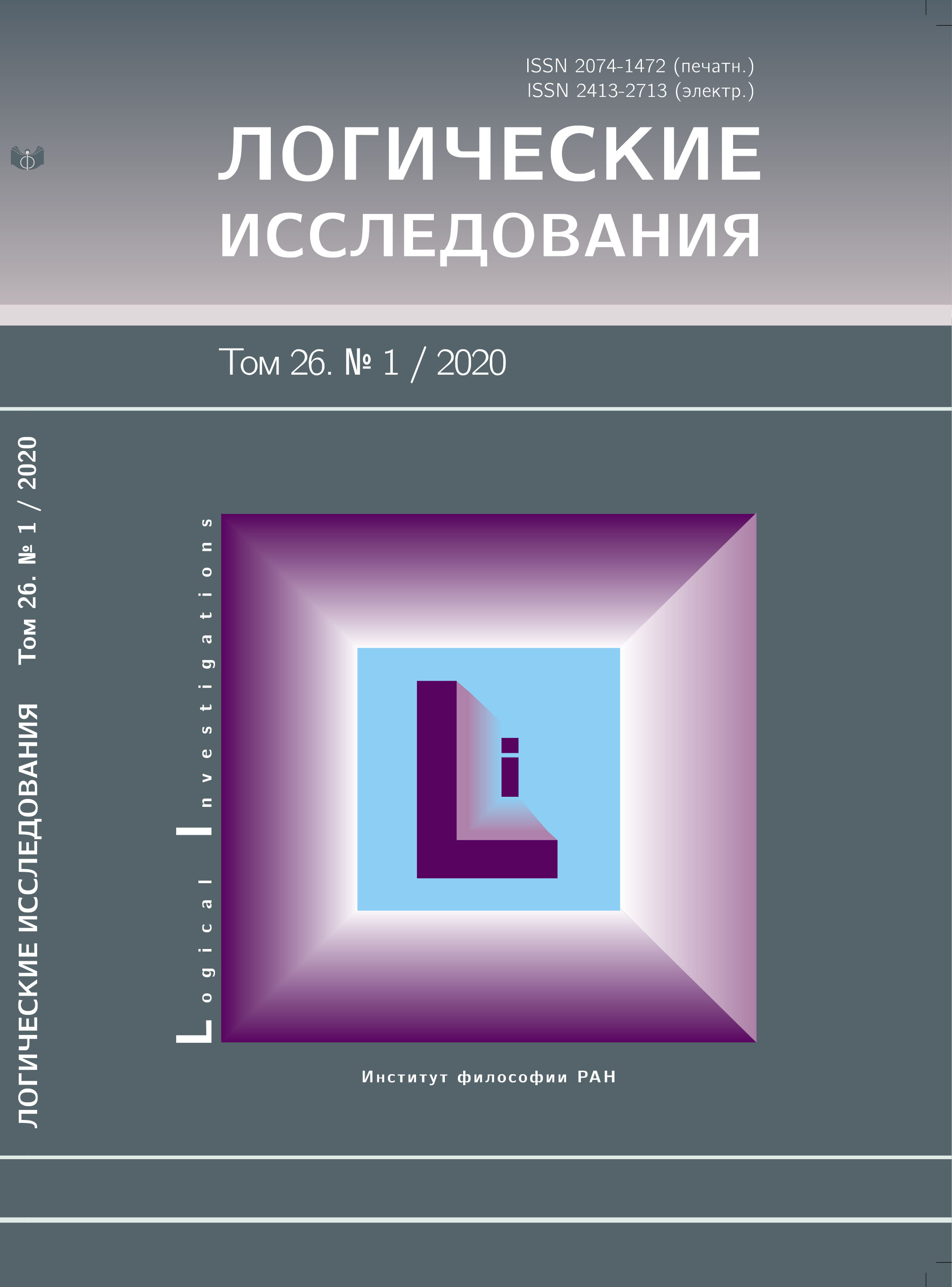New semantics for urn logics: taming the enduring scandal of deduction
Main Article Content
Аннотация
The traditional theory of semantic information, originally proposed by [Bar-Hillel, Carnap, 1953], provides a versatile and pretty plausible conception of what kind of thing semantic information is. It embodies, however, the so-called “scandal of deduction”, a thesis according to which logical truths are informationally empty. The scandal of deduction is prob- lematic because it contradicts the fact that ordinary reasoners often do not know whether or not a given sentence is a logical truth. Hence, it is plausible to say, at least from the epistemological standpoint of those reasoners, that such logical sentences are really inform- ative. In order to improve over traditional theory, we can replace its classical metatheory by the so-called urn logics, non-standard systems of logic (described in detail below) that better describe the epistemological standpoint of ordinary reasoners. Notwithstanding, the applic- ation of such systems to the problem of semantic information faces some challenges: first, we must define truth-conditional semantics for these systems. Secondly, we need to precisely distinguish two systems of urn logic, namely, perfect and imperfect urn logics. Finally, we need to prove characterization theorems for both systems of urn logic. In this paper we offer original (and hopefully, elegant) solutions for all such problems.
Скачивания
Article Details
Copyright (c) 2020 Bruno R. Mendon ̧ca, Walter A. Carnielli

Это произведение доступно по лицензии Creative Commons «Attribution-NonCommercial» («Атрибуция — Некоммерческое использование») 4.0 Всемирная.
Литература
Cresswell, 1982 – Cresswell, M.J. “Urn models: A classical exposition”, Studia Logica, 1982, Vol. 41, No. 2–3, pp. 109–130.
Floridi, 2004 – Floridi, L. “Outline of a theory of strongly semantic information”, Minds and machines, 2004, Vol. 14, No. 2, pp. 197–221.
Freire, 2015 – Freire, R.A. “First-order logic and first-order functions”, Logica Univer- salis, 2015, Vol. 9, No. 3, pp. 281–329.
Hintikka, 1965 – Hintikka, J. “Distributive normal forms in first-order logic”, in: Stud- ies in Logic and the Foundations of Mathematics, Elsevier, 1965, Vol. 40, pp. 48–91. Hintikka, 1970a – Hintikka, J. “Information, deduction, and the a priori”, Nous, 1970,pp. 135–152.
Hintikka, 1970b – Hintikka, J. “Surface information and depth information”, in: Information and inference, Springer, 1970, pp. 263–297.
Hodges, 1997 – Hodges, W. A shorter model theory. Cambridge university press, 1997. Mendon ̧ca, 2018 – Mendon ̧ca, B.R. Traditional theory of semantic information without scandal of deduction, PhD Thesis, Unicamp, 2018. http://repositorio.unicamp.br/handle/REPOSIP/332305.
Olin, 1978 – Olin, P. “Urn models and categoricity”, Journal of Philosophical Logic, 1978, Vol. 7, No. 1, pp. 331–345.
Rantala, 1975 – Rantala, V. “Urn models: a new kind of non-standard model for firstorder logic”, in: Game-Theoretical Semantics, Springer, 1975, pp. 347–366.
Tulenheimo, 2018 – Tulenheimo, T. “Independence friendly logic”, in: The Stanford Encyclopedia of Philosophy, ed. by E.N. Zalta, Metaphysics Research Lab, Stanford University, fall 2018 edition, 2018.
